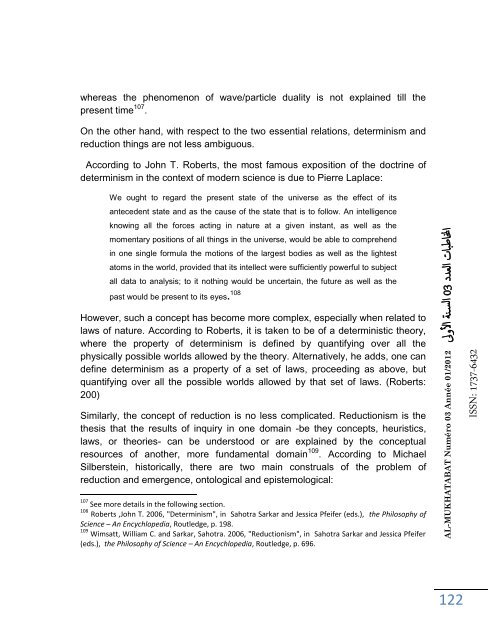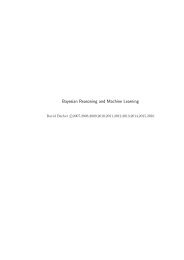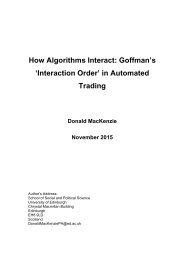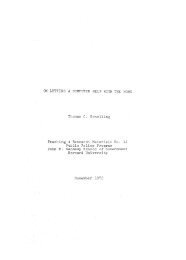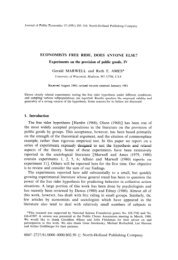n3-al-mukhatabat-journal
n3-al-mukhatabat-journal
n3-al-mukhatabat-journal
Create successful ePaper yourself
Turn your PDF publications into a flip-book with our unique Google optimized e-Paper software.
whereas the phenomenon of wave/particle du<strong>al</strong>ity is not explained till the<br />
present time 107 .<br />
On the other hand, with respect to the two essenti<strong>al</strong> relations, determinism and<br />
reduction things are not less ambiguous.<br />
According to John T. Roberts, the most famous exposition of the doctrine of<br />
determinism in the context of modern science is due to Pierre Laplace:<br />
We ought to regard the present state of the universe as the effect of its<br />
antecedent state and as the cause of the state that is to follow. An intelligence<br />
knowing <strong>al</strong>l the forces acting in nature at a given instant, as well as the<br />
momentary positions of <strong>al</strong>l things in the universe, would be able to comprehend<br />
in one single formula the motions of the largest bodies as well as the lightest<br />
atoms in the world, provided that its intellect were sufficiently powerful to subject<br />
<strong>al</strong>l data to an<strong>al</strong>ysis; to it nothing would be uncertain, the future as well as the<br />
past would be present to its eyes. 108<br />
However, such a concept has become more complex, especi<strong>al</strong>ly when related to<br />
laws of nature. According to Roberts, it is taken to be of a deterministic theory,<br />
where the property of determinism is defined by quantifying over <strong>al</strong>l the<br />
physic<strong>al</strong>ly possible worlds <strong>al</strong>lowed by the theory. Alternatively, he adds, one can<br />
define determinism as a property of a set of laws, proceeding as above, but<br />
quantifying over <strong>al</strong>l the possible worlds <strong>al</strong>lowed by that set of laws. (Roberts:<br />
200)<br />
Similarly, the concept of reduction is no less complicated. Reductionism is the<br />
thesis that the results of inquiry in one domain -be they concepts, heuristics,<br />
laws, or theories- can be understood or are explained by the conceptu<strong>al</strong><br />
resources of another, more fundament<strong>al</strong> domain 109 . According to Michael<br />
Silberstein, historic<strong>al</strong>ly, there are two main constru<strong>al</strong>s of the problem of<br />
reduction and emergence, ontologic<strong>al</strong> and epistemologic<strong>al</strong>:<br />
107 See more details in the following section.<br />
108 Roberts ,John T. 2006, "Determinism", in Sahotra Sarkar and Jessica Pfeifer (eds.), the Philosophy of<br />
Science – An Encychlopedia, Routledge, p. 198.<br />
109 Wimsatt, William C. and Sarkar, Sahotra. 2006, "Reductionism", in Sahotra Sarkar and Jessica Pfeifer<br />
(eds.), the Philosophy of Science – An Encychlopedia, Routledge, p. 696.<br />
AL-MUKHATABAT Numéro 03 Année 01/2012 لىولأا ةن سلا 30 ددعلا تابطانا<br />
122<br />
ISSN: 1737-6432


